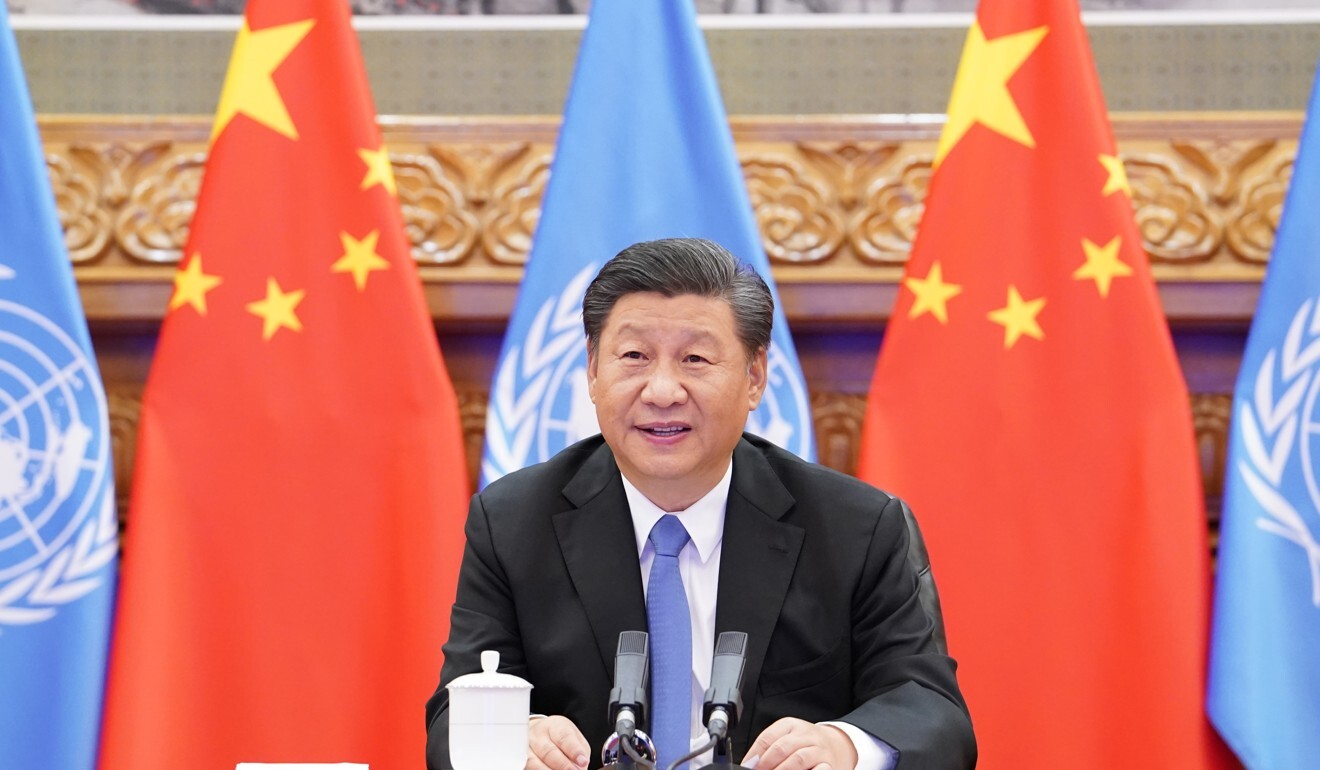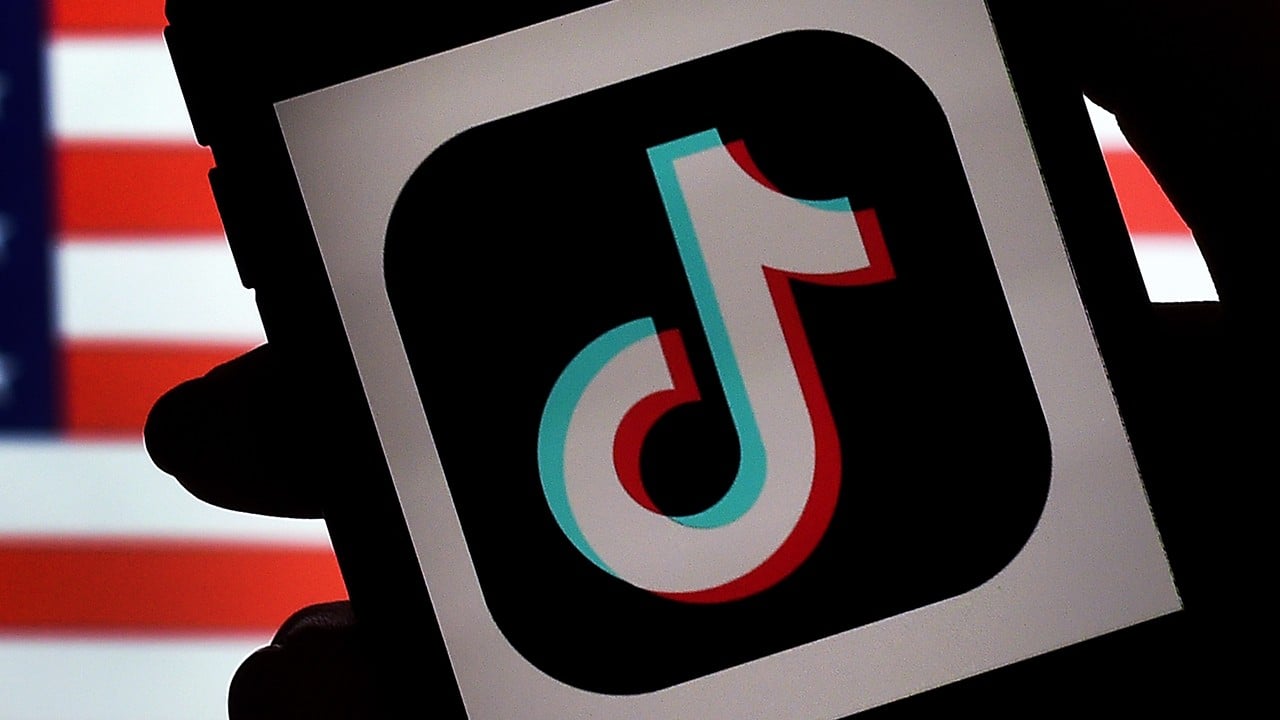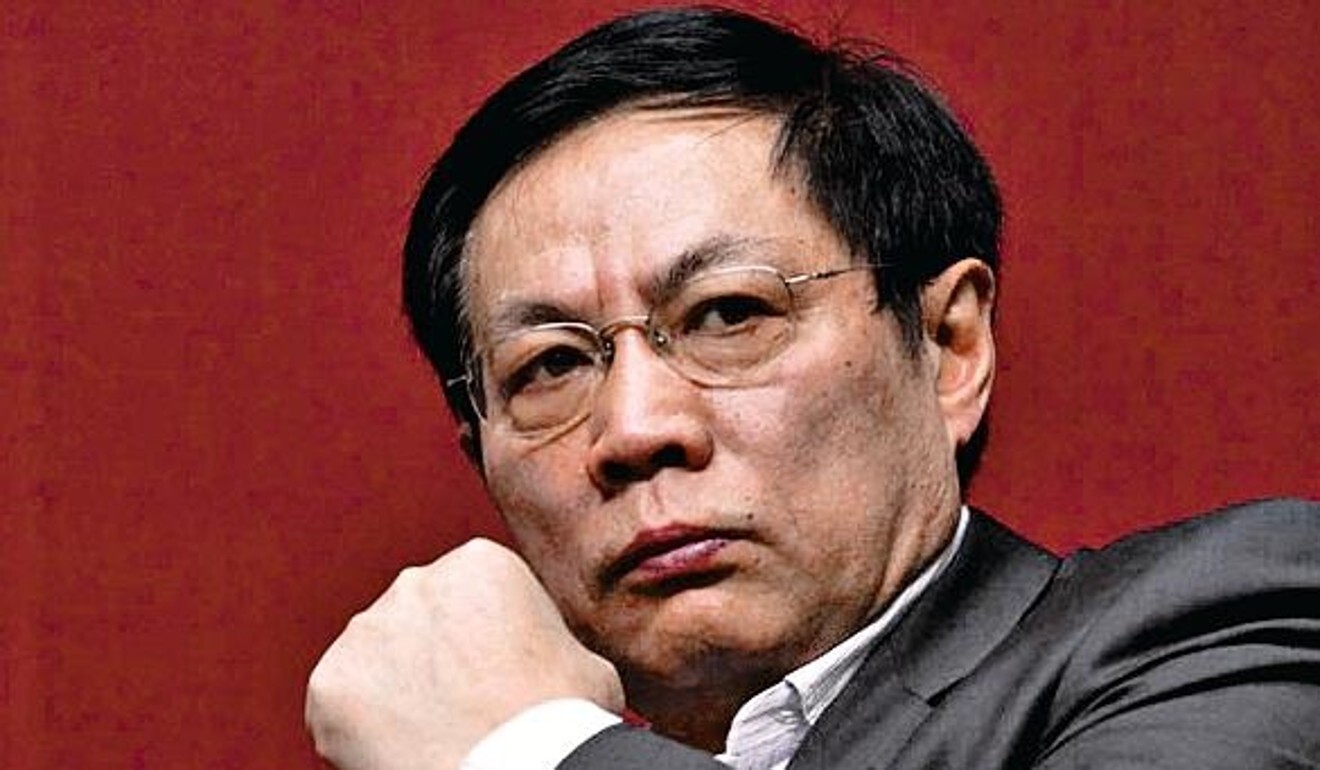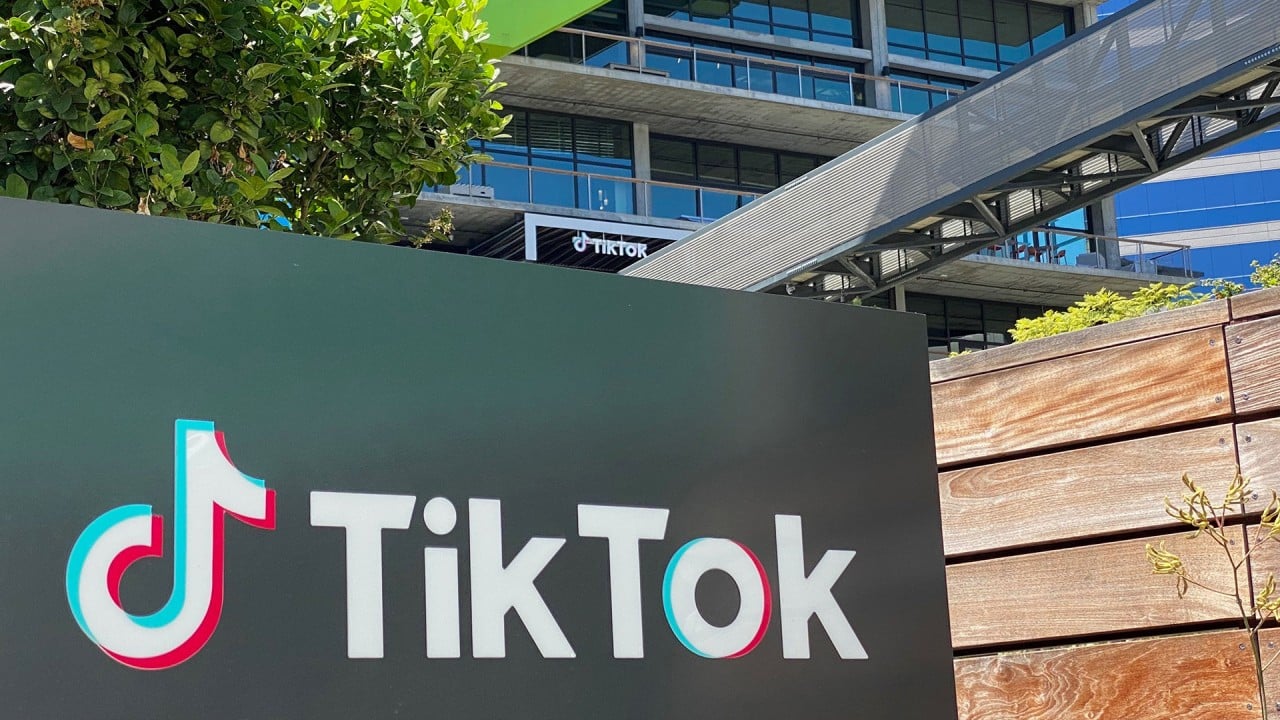
Communist Party’s embrace risks hobbling China’s private companies
- The party says it is ready to ‘trust’ private companies, prompting hopes that they will finally be treated equally
- But blurring the line between state and private sectors may mean greater controls that could be counterproductive – as TikTok has found out already
The private sector now accounts for 50 per cent of the country’s tax revenues, 60 per cent of gross domestic product and 90 per cent of enterprises.
Thus, the private sector is largely treated as a second-class player, along with foreign investors, next to the state sector, in terms of market access and regulatory treatment.
An Oracle-ByteDance deal for TikTok gives Huawei a glimmer of hope
The unspoken assumption is that the private sector is never “part of us”.
This is set to change, according to state media, after the party released a detailed document this month on how it should “trust, unite, serve, guide and educate” the private sector.
For the first time, the party has listed “trust” as the top priority in its five-pronged approach to “unite the people from the private sector around the party and better promote development of the private economy”, according to Xinhua.

This has heightened optimism that the private sector finally will be given the equal treatment it has been asking for over the past 40 years. Until now, private enterprises have faced greater administrative and regulatory barriers on entering strategic and lucrative sectors such as banking, health care, energy, infrastructure, television and broadcasting.
But there is also fear that there will be a trade-off; that the party aims to further control and regulate private businesses and entrepreneurs through the all-powerful United Front Work Department, as it has already done with state-owned enterprises.
Indeed, the party devotes much of the document to how it should “guide and educate” the private sector.
According to the document, people in the private sector should be guided and educated and infused with Xi Jinping Thought and keep their political stances closely aligned to those of the party leadership.

01:46
Oracle reaches deal to become TikTok’s ‘technology partner’, after Microsoft offer is rejected
It calls for greater efforts to recruit more party members from the private sector and set up party committees at individual enterprises and strengthen ideological training of private sector individuals who are already party members at party schools of all levels.
The party plans to set up talent databases to identify and groom those businessmen who can form a backbone team “that is dependable and usable” in listening to the party at critical junctures.
If Beijing wants an innovative economy, it must free Chinese minds
As China’s first generation of entrepreneurs are ageing and preparing to hand over the family reins, the party also plans to target the second-generation offspring by drawing up growth and promotion plans to make sure the younger generation will always listen to and follow the party.
The underlying message is clear: if you want to make money, you must swear allegiance to the party and follow its rules.
For those who think otherwise, a severe warning came on Tuesday when a court in Beijing sentenced Ren Zhiqiang, an outspoken critic of the party and Xi himself, to 18 years in prison on charges of corruption, taking bribes, misappropriating public funds, and abuse of power as a person working for a state-owned company.

The jailing of Ren has received much attention at home and abroad, not least because he was once considered a member of the country’s elite.
A son of a senior government official, he headed a major state-owned real estate developer and was known for his political connections, once counting several Chinese leaders as friends.
He went missing in March after an essay he wrote critical of Xi circulated online. It goes without saying that Ren’s punishment has sent shudders through not only the country’s elites but also the business community.
China is planning an economy that can survive a protracted war
Both the document and Ren’s punishment are part of Xi’s consistent and forceful steps to crack down on dissent and strengthen the party’s control at all levels of society, encapsulated in a phase: “party, government, military, civilian, academic; east, west, south, north, and centre; the party leads them all”.

06:02
Global expansion of TikTok and other Chinese tech companies is likely, only not in the West
In the two weeks since the document was released, the Chinese media has been full of reports that local officials are busy organising forums for private entrepreneurs or visiting their companies to discuss and push for the implementation of the document.
One should not be surprised if private entrepreneurs publicly show more enthusiasm in praising the party and being politically correct. Known for their resilience, they have become adept at coping with the frequent changes in the political winds from Beijing over the past 40 years.
Still, the party’s latest attempt to blur the lines between the state sector and the private sector is not only counterproductive but also dangerous as it threatens to hobble independent-minded entrepreneurship, which contributes to the rapid development of the private sector.
Trump’s Godfather tactics with TikTok hurt values Washington has long trumpeted
Wang Xiangwei is the former editor-in-chief of the South China Morning Post. He is now based in Beijing as editorial adviser to the paper

